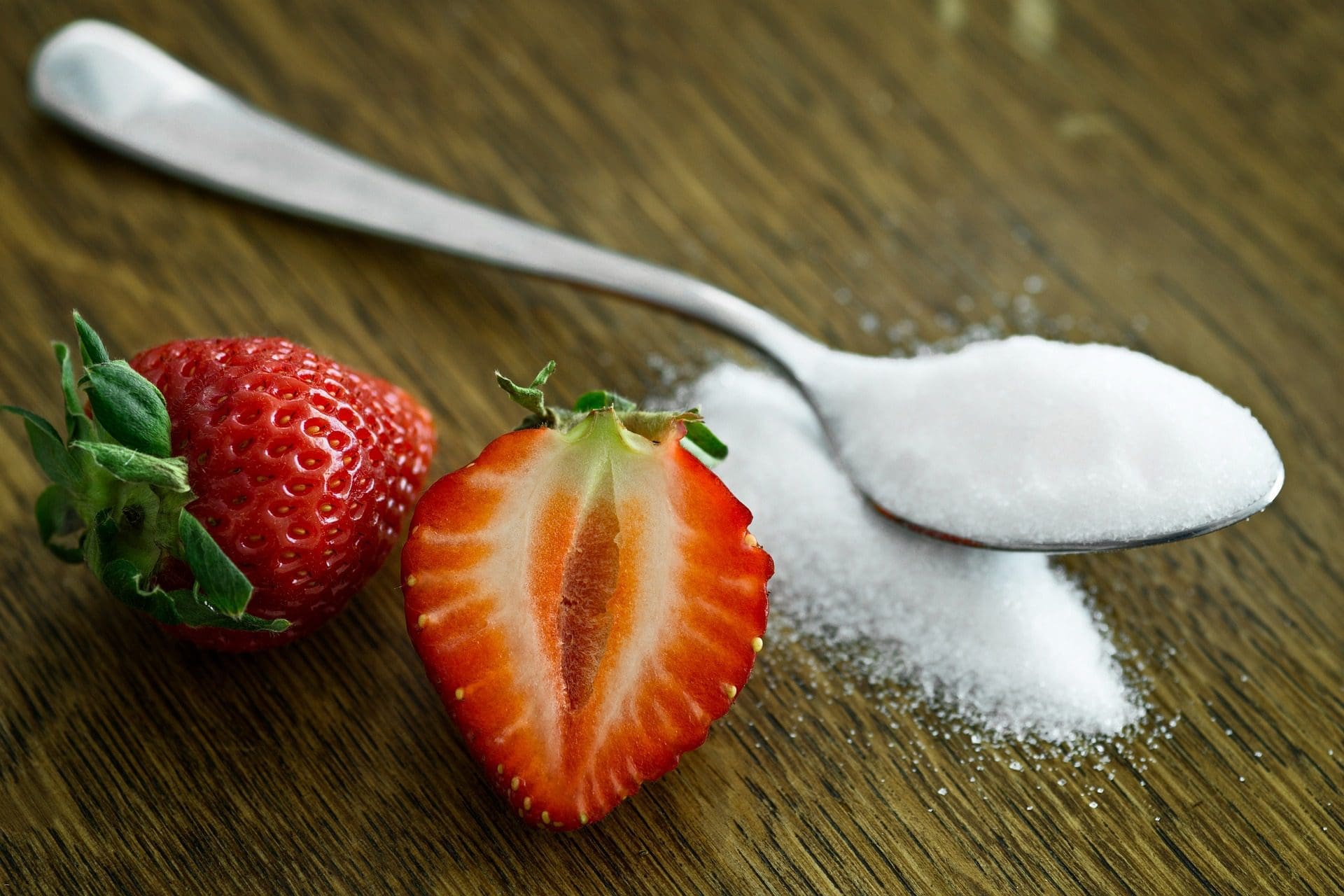We all know that sugars can be harmful to teeth and our general health. Yet if you walk into a supermarket, you may be surprised how many food or beverages are laden with added sugars. ‘Added sugars’ are, as the name suggests, sugars which are added to a food or beverage. This is exclusive of natural sugars contained within foods, also known as ‘intrinsic sugars’, for example lactose in milk. Added sugars are often naturally occurring or derived from natural products (glucose, sucrose, syrups, fructose to name a few) but if it is added to the food or beverage it then becomes an added sugar. In fact, there are over 40 different names for sugars that could appear on an ingredient list for a given product. As a result, there has been a proposal for a change in the labelling of added sugars in food and drinks to make it more transparent and consumer-friendly by indicating the number of teaspoons of added sugar in a product.
Added sugars are harmful because they provide no nutritional value to the food (’empty kilojoules’), but rather the sugars can be converted into fat, leading to obesity, diabetes, and cardiovascular disease .
From a dental perspective, we advise patients to be aware of more than just the total sugars they take in. The other factors to consider include:
- How frequently sugars are taken – as dentists, we are particularly concerned about the serial snacker! We encourage set blocks for snack food (e.g. for morning tea and afternoon tea), rather than constantly snacking throughout the day.
- How sticky the food is – if the sugars stay in the mouth for longer, the teeth are at higher risk of decay.
- How acidic the food or beverage is – it’s more than just sugar content, acidic foods and beverages can cause significant damage to teeth.
And finally, a note about ‘health foods’. Foods marketed as ‘health foods’ can often be the worst offenders, containing large amounts of added sugar. So always check the ingredients list and be aware of foods which have high amounts of added sugar.

